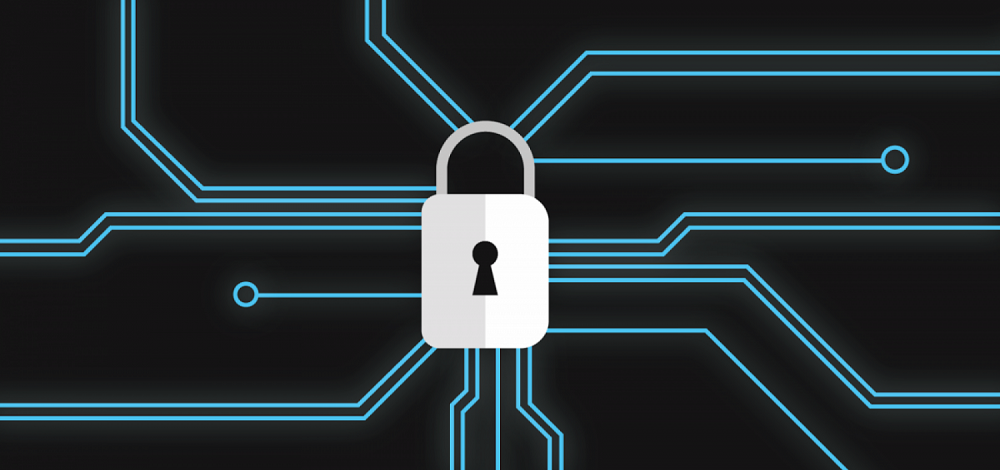In a new paper, researchers at Cornell University highlighted just how vital international trust and cooperation is in maintaining safe and efficient cybersecurity between nations. The report was released in the peer-reviewed journal Technology and Culture.
The paper draws on the history of computer security incident response, including archival documents based in the U.S., Europe and Asia.
“While some elements of incident response infrastructure became truly global and replaced the need for interpersonal trust, others remained regionally bounded,” according to the paper.
“We argue that this boundedness resulted from the process of developing incident response infrastructure, which was driven by interpersonal relationships as well as regional institutions and their particular needs and goals.”
The majority of cybersecurity experts are in sync with the notion that establishing mutual trust and cooperation is essential for deterring and maintaining issues at bay. Although state-sponsored adversaries like Russia have engaged in a persistent pattern of infiltration and sabotage, in the eyes of American security teams, trust and diplomacy is still key to combating cyberwarfare.
“Teams in the U.S. and in Europe very much want to cooperate with teams in Russia, and they see that as a way of having influence they might otherwise not have in that space,” said Rebecca Slayton, a researcher at Cornell and co-author of the study.
“Even though they recognize that there are actors in the shadows in those countries whom they don’t trust, they have a shared goal of keeping the infrastructure running,” Slayton stated in the study.
The paper, titled The Emergence of Computer Security Incident Response, 1989–2005, was published online by Johns Hopkins University Press on April 13th, 2020. The study was supported by the National Science Foundation.


